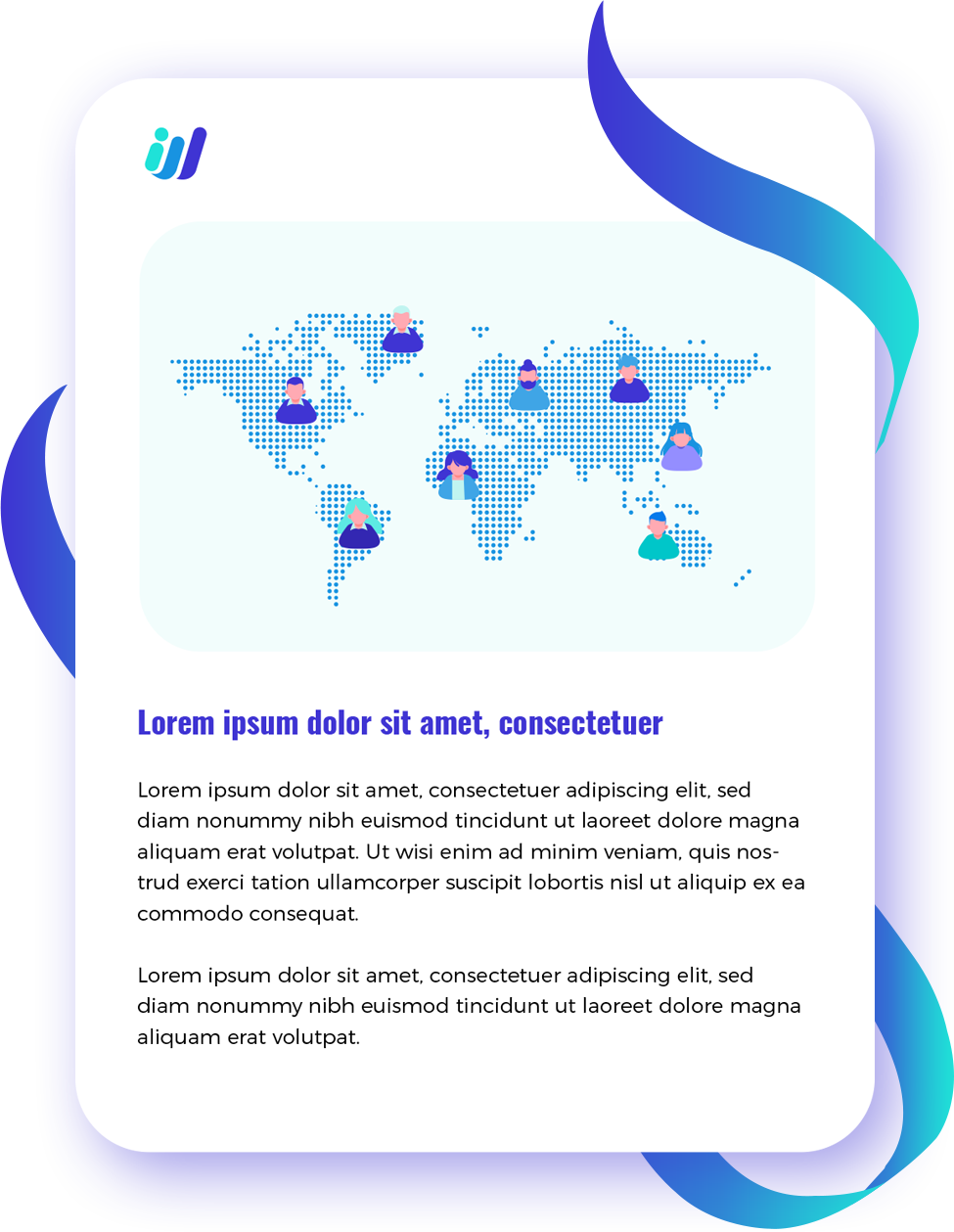Most data entry tasks are time-consuming and require specialized expertise, so they should be assigned to professionals.
Startups or small-to-medium-sized companies may find it difficult to hire a full-time employee to handle data entry alone. Even large companies sometimes outsource some of their additional data entry work.
How should this be done?
Here are three key advantages of outsourcing the data entry process.
This article also covers 5 things you should consider when choosing a service provider and how to manage them efficiently. Our final recommendation is to show you three excellent data entry companies that can help you get started right away.
Do you know what Data Entry Outsourcing is?
Data entry outsourcing means hiring external help to handle your business’ data entry tasks.
Data entry jobs can be done in a variety of ways, including:
- Handwritten document transcription
- Data entry for claims
- Database entry of product data
- MS Excel spreadsheets are used in back-office accounting
- Survey data entry
- Data input and raw data conversion
- Document management service providers
- Image data entry
- Invoice data entry
- Forms processing
Outsourcing data entry has become increasingly popular across a wide range of industries. Whether it’s accounting or healthcare, companies of all sizes are outsourcing data entry services.
This is thanks to two important factors:
1. Better Accuracy
Due to their training, data entry professionals are skilled at their jobs.
This reduces the likelihood of errors in their work.
Outsourced staff tend to provide more accurate and timely data entry than inexperienced in-house staff, since they bring their own professional experience and tools to the table.
2. Increased Business Focus and Productivity
Most likely, you and your organization are occupied with your core competencies.
Data mining and data processing could be the focus of a market research organization, while identifying outstanding properties might be the focus of a real estate firm.
Having any of those employees perform data entry work would take them away from their specialties and cause them to work longer hours.
In the end, this can negatively impact your organization’s efficiency as a result of loss of productivity.
Outsourcing allows your employees to focus on what they do best.
How to Choose the Right Data Entry Outsourcing Provider
1. Identify your needs
Before hiring a data entry company, make sure you clearly define your business needs. Data entry isn’t always enough for businesses, as they have unique needs (specific requirements) such as the capture, mining, conversion or extracting of data.
A company that can handle your flexible data entry needs might be a good choice if you need some advanced data analysis and processing.
Also, it is common practice to find a company that provides customer service 24 hours a day, 7 days a week. As a result, unforeseen problems can be resolved quickly if they arise.
It is also important that the service provider uses the latest technology and software when performing data entry work. In contrast to purchasing the software yourself, you will receive a higher quality service with greater efficiency.
2. Check the provider’s security measures
Data security is always a top priority when dealing with sensitive client data or company information. This is especially important when sharing data with an external entity, such as an outsourcing provider.
Data entry service providers should explain the security measures they offer.
In general, these measures must meet industry standards.
For example, non-HIPAA-compliant information pipelines could lead to serious legal ramifications in the healthcare industry.
Your client data can be exposed to lawsuits if it is not handled securely if you work in the financial sector.
No matter what industry you’re in, whether it’s e-commerce or accounting, make sure the company you’re hiring follows updated data security protocols.
3. Order turnaround time
Data entry tasks require your organization to look at the turnaround time of your service provider. When you work in a time-sensitive industry such as healthcare, this is especially important.
Make sure your data entry operator has the necessary resources, such as skilled professionals and modern technology.
As part of their emergency service, some industries also require a dedicated emergency line. Basically, it refers to on-demand data entry services with very quick turnaround times. If your business needs such facilities, please inform the outsourcing firm as soon as possible before working with them.
4. A good reputation
As you are outsourcing a critical business function, you should work with data entry experts.
Human error cannot be tolerated in sensitive industries such as medicine and insurance claims processing – not just due to security concerns.
Make sure you thoroughly research the outsourcing company you intend to hire.
It is essential that the service provider has a strong financial foundation so that you don’t have to worry about him or her being unable to provide the resources necessary for the project. Also, you should check their client testimonials to see how satisfied their clients are with their service.
Summary
Data entry outsourcing not only saves your in-house team from doing repetitive, monotonous tasks, but also makes your data entry process more time-efficient and accurate.
In order to ensure accurate and secure data entry, however, it is important to outsource carefully.
By outsourcing your data entry activities, you will be able to save a ton of time and energy (and get the job done better than you could do yourself!) if you follow the steps above.
When done right, outsourcing sparks startup success, increases the chance for thriving, and clears the path toward sustainable and guaranteed growth. Let us help you find top talents in IT, technical support, digital marketing, and cloud services so you can leverage all the benefits of outsourcing in the new normal. Request a FREE copy of the e-book on Third Wave Outsourcing .


